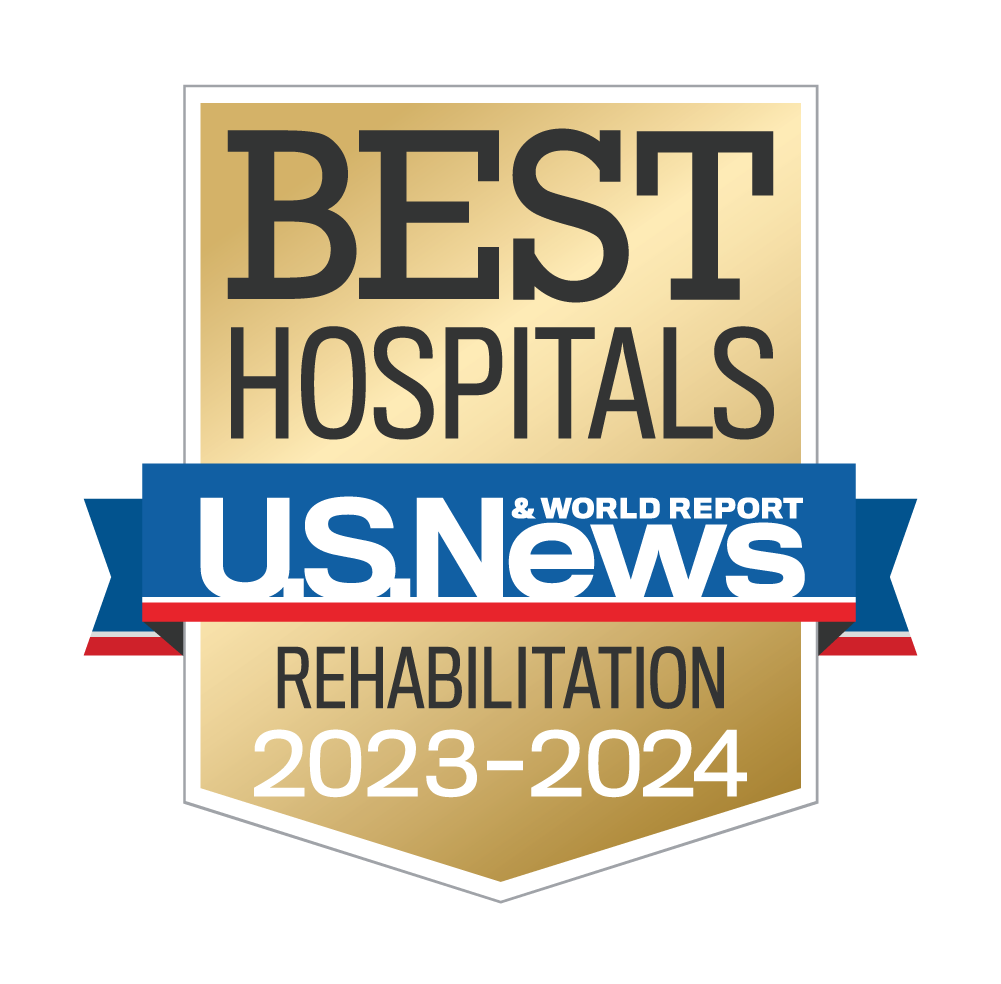Dr. Krishnan received his entry-level physical therapy from Tamil Nadu Dr. M.G.R. Medical University in India. He then practiced physical therapy in India for more than 6 years before moving to the University of Iowa to receive his advanced masters and academic doctoral degree in physical therapy and rehabilitation science under the mentorship of Dr. Glenn Williams. Dr. Krishnan’s Ph.D. dissertation involved examining the factors contributing for muscle weakness in high performance athletes and in individuals with serious knee injuries. Dr. Krishnan also played a critical role in developing unique and novel interventions to address muscle weakness after knee injuries. After receiving his doctoral degree, Dr. Krishnan completed a 3 year postdoctoral fellowship at the prestigious Rehabilitation Institute of Chicago under the mentorship of Prof. William Zev Rymer and Dr. Yasin Dhaher. During this period, he received extensive training in Rehabilitation Robotics and noninvasive brain stimulation techniques [such as transcranial direct current stimulation (tDCS) and transcranial magnetic stimulation (TMS)].
He is currently an Assistant Professor in the Department of Physical Medicine and Rehabilitation at the University of Michigan and directs the Neuromuscular and Rehabilitation Robotics Laboratory (NeuRRo Lab). He has joint appointments in the School of Kinesiology and Department of Biomedical Engineering. Dr. Krishnan’s research goal is to develop rehabilitation interventions that will successfully mitigate neuromuscular impairments and maximize functional outcomes after an insult to the neurological or musculoskeletal system. He is currently researching on the use of technologies, such as robotics and noninvasive brain stimulation, to improve neuromuscular function in people with neurological and orthopedic disorders.


